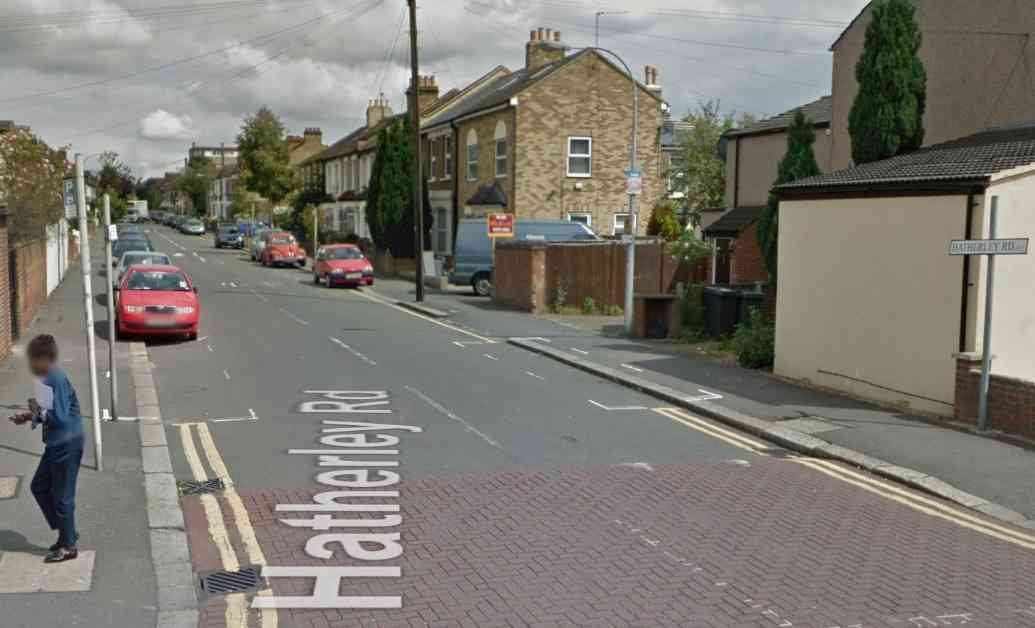The mysterious death of Khaled Aribi, a 32-year-old homeless man found deceased in a property in Hatherley Road, Walthamstow, has raised questions about the initial classification of his death as “non-suspicious” by the Metropolitan Police. The coroner, Nadia Persaud, has requested an explanation from the police regarding their decision, as subsequent investigations have failed to determine the cause of Khaled’s death.
Initial Discovery and Investigation
Khaled Aribi was discovered dead at a property in Walthamstow, with emergency services called to the scene after his body was found on the morning of July 27. Despite efforts to revive him, there were no signs of life, and he was pronounced dead at the scene. The circumstances surrounding his death, including who discovered his body and how he came to be in the property, remain unclear.
Coroner’s officer Jean Smyth testified that an autopsy was conducted, but the cause of death has not yet been determined. This lack of clarity has prompted the coroner to delve deeper into the case, seeking information from the police about their investigation and the rationale behind classifying the death as non-suspicious.
Family’s Concerns and Involvement
Khaled’s family has been designated as “interested persons” in the inquest, granting them the right to ask questions and examine evidence related to his death. The coroner has requested details from the family about Khaled’s circumstances leading up to his death and any concerns they may have regarding the events surrounding his passing.
It is essential for the family to be involved in the inquest process to ensure that all relevant information is considered and that their perspectives are taken into account. The coroner’s decision to include the family as interested persons reflects a commitment to transparency and thoroughness in investigating Khaled’s death.
Police Investigation and Further Inquiries
The coroner has also called for individual statements from all police officers who attended the scene, as well as copies of key witness statements. Additionally, she has requested a copy of the pathologist’s post-mortem report and the results of toxicology tests to shed light on the circumstances surrounding Khaled’s death.
The lack of a definitive cause of death underscores the need for a comprehensive investigation to uncover the truth about what happened to Khaled. By examining all available evidence and conducting thorough inquiries, the coroner aims to provide clarity and closure for Khaled’s family and ensure that justice is served.
In conclusion, the investigation into the mysterious death of Khaled Aribi highlights the importance of thorough and transparent inquiries in cases where the cause of death is unclear. The coroner’s efforts to obtain information from the police, involve the family in the inquest process, and gather essential evidence demonstrate a commitment to seeking the truth and ensuring that justice is served. As the case unfolds, it is essential to prioritize a comprehensive investigation to uncover the facts surrounding Khaled’s untimely passing.





















